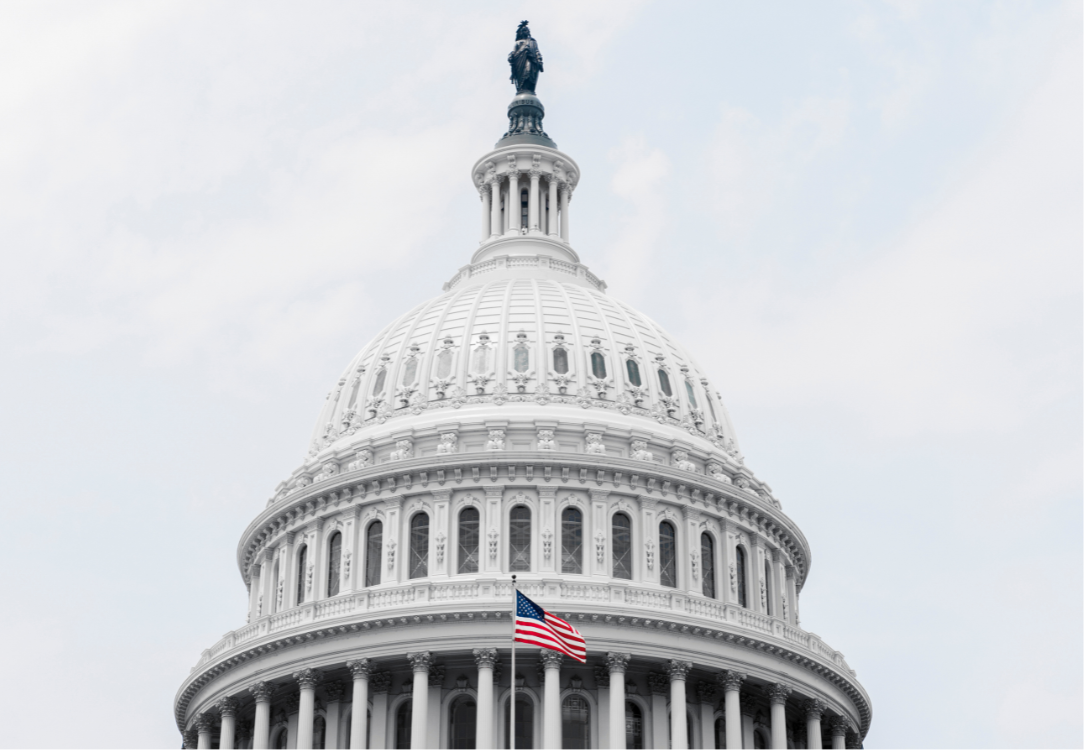Problem
Type 2 diabetes continues to be the leading cost driver of chronic obesity related lifestyle conditions impacting employer health plans and the health of today’s workforce. Obesity and obesity-related diseases are serious public health issues worldwide and 37.3 million Americans have type 2 diabetes. The total costs of diagnosed diabetes in the U.S. are $327 billion and nearly one in every seven healthcare dollars is spent directly treating diabetes and its complications. Employers spend on average $19,477 (Medical & Rx) PMPY and members spend $2,308 in out-of-pocket costs. (Source: Vital Incite Benchmark Data, 2023) Time spent at doctor’s appointments, lost productivity and management of associated health risks and comorbidities negatively impact employers and employees.
Although there are diabetes programs on the market, most are too expensive, digitally delivered without human interaction and require an undesirable time commitment. There were no solutions that appealed to employers who were looking for a cost-effective, virtual delivery by a live panel of instructors in less than one-hour sessions and under a six-month participant time commitment. This resulted in employers being unable to offer a suitable program that fit their needs to address diabetes.
Solutions
Creation of LHD’s Diabetes 101 Care Course: LHD’s Population Health Team developed their own solution to offer their employer clients that was structured to be affordable, easily and directly delivered via a live virtual format over a six-week period. The evidence-based lifestyle medicine course, was developed around the four pillars of health: nutrition, movement, stress management and sleep – and how these health pillars directly impact diabetes. Participants were taught how to better understand and manage type 2 diabetes, what their A1c number means, how to prevent risk migration, how to decrease medication reliance and reverse type 2 diabetes.
Pricing/Cost: $75/participant for the full 6-week course, which includes a 3-month check in session. (Most diabetes programs cost employers between $500-$1,200 per employee and require 6 month to 1 year participant commitments).
Outcomes
This case study emphasizes that focused lifestyle intervention effectively manages/reverses type 2 diabetes. Data analytics of program cohort over six months show clinical health improvement outcomes and reduced spend.
Clinical Outcomes
- Reduced Concurrent Risk Scores
- Reduced Prospective Risk
- Reduced Medication Reliance
- Reduced 2+ Medication Gaps
- Increased Annual A1c Testing
- Increased Bi-Annual A1c Testing
- Increase in Participants with A1c Below 7
Compliance Improvements
- 15% Reduction in ER Visits
- 15% Increase in Annual Physical Compliance
- 15% Increase in Mammogram Compliance
Qualitative Data Assessments
- 30% Increase in Knowledge, Preparedness, and Efficacy Improvement Metrics.
- Prepared to Manage Type 2 Diabetes
- Confidence to Impact Medication
- Overall Self-Efficacy
Cost Savings
- Significant Reduction in Plan Paid PMPY Medical Spend
- Reduced Spend in Medical & Rx
- Reduced Plan Paid (Med & Rx)
Participant Testimonials
Program Cohort: Program cohort comprised of 5 employer groups, 53 total participants and medical claims data analytics provided by Vital Incite (supported by the John Hopkins Predictive Index model).
“This course helped me open my eyes to what diabetes can do to your body, and all the other ailments that are associated with it. It encourages me to get up and start exercising, eat better and start portions. I started walking few morning on a trail that’s near my house which I’ve lost 9 lbs.” – S.T.
“The course teaches you to be mindful of your condition. My A1C was 6.2% 6 months ago, but is now down to 5.7%. I purposefully cut back on my sugar intake of after dinner sweets and set a reminder on my phone to start my bedtime routine on time as to get at least 7 hours of sleep.” – A.R.
“All the bad habits I have are what have cause my A1C to continue to climb over the years. I recommend this course to anyone who wants to change their lifestyle to lose weight, gain energy and eliminate diabetes medication.” J.R.
“I was diagnosed with type 2 diabetes in 2010. The focus from my doctor has always been on food and exercise. This course is the first time I’ve learned the impact of stress and sleep health discussed in relation to diabetes.” L.T.




